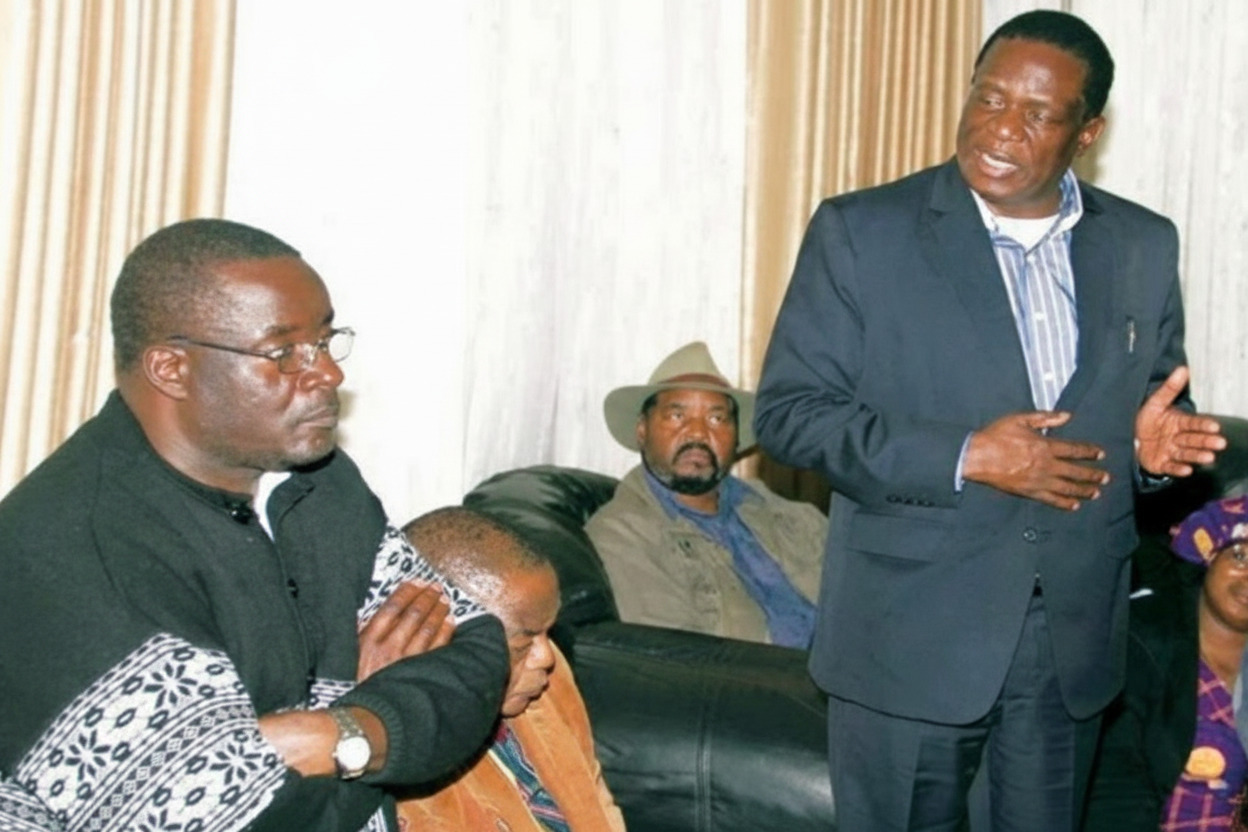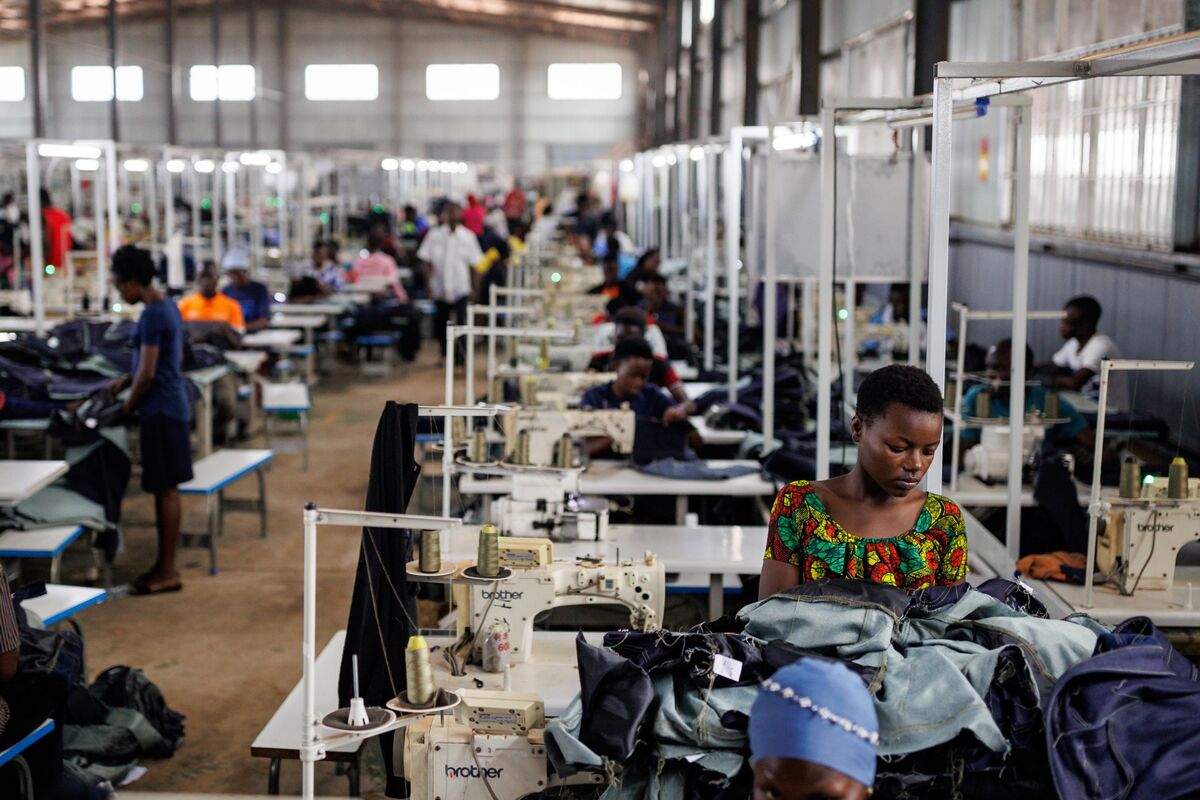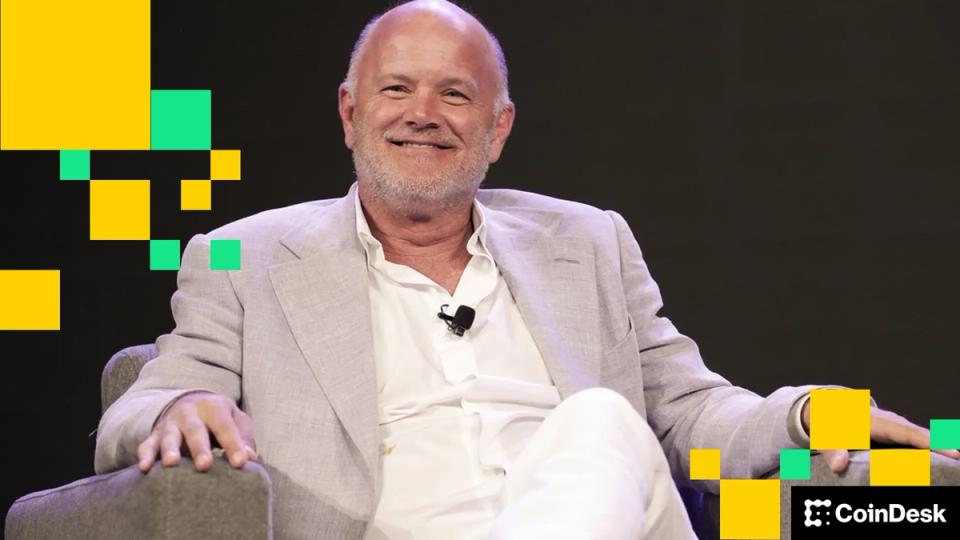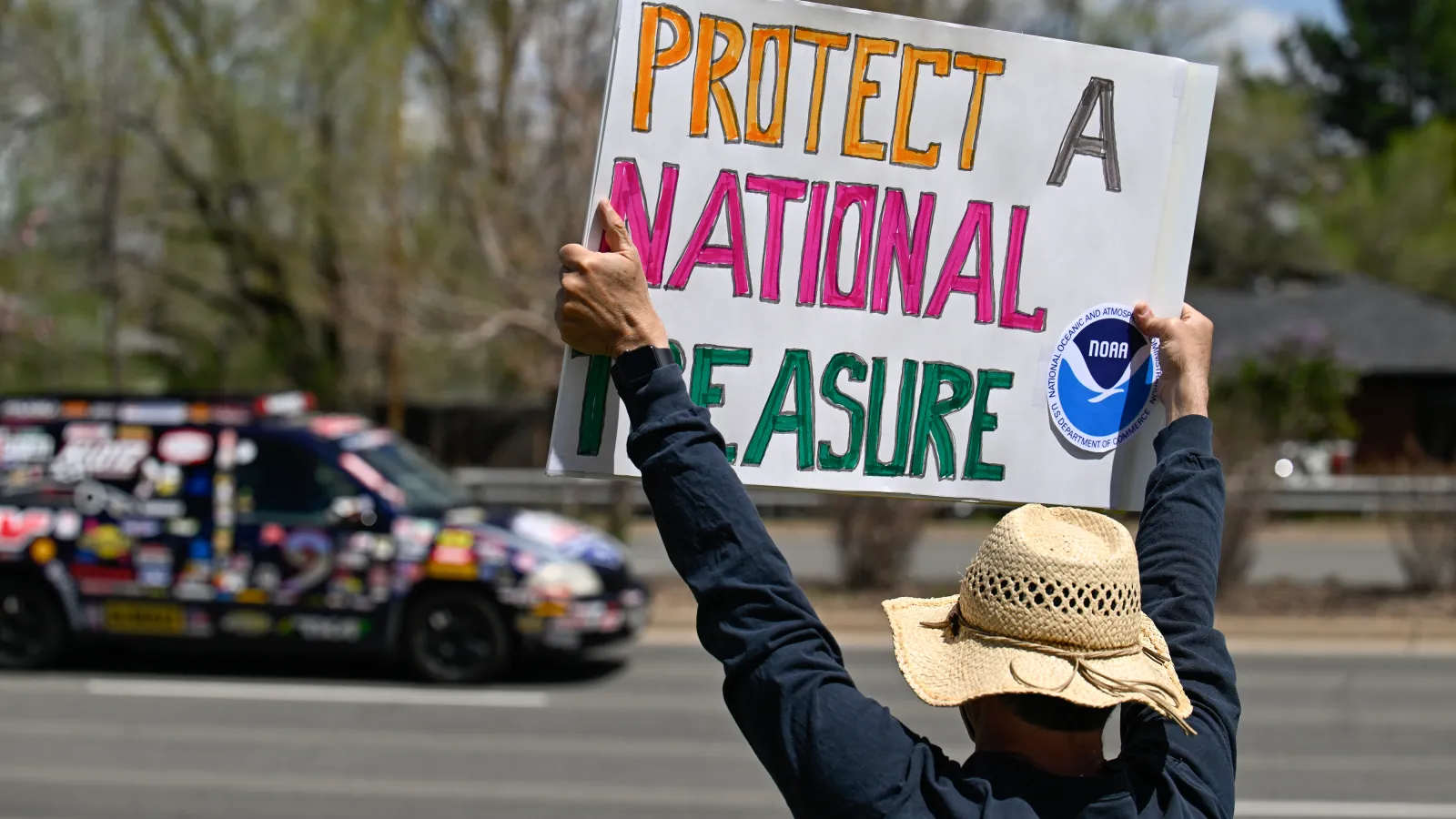Copyright myzimbabwe

Harare – A fierce war of words has erupted within Zanu-PF, exposing deep divisions and a growing succession battle to succeed President Emmerson Mnangagwa. Presidential spokesman George Charamba finds himself at the centre of the storm, accused of disloyalty to Mnangagwa after praising Vice President Constantino Chiwenga. The unprecedented public attack comes from former Zanu PF MP Temba Mliswa, a vocal supporter of businessman Kudakwashe Tagwirei’s political ambitions. Mliswa accuses Charamba of “betraying his principal” and sabotaging the president through a “lackadaisical and compromised approach” to defending Mnangagwa against internal critics. Mliswa took to social media to launch a scathing attack on Charamba, a long-serving presidential aide and Mnangagwa’s official spokesman. He argued that Charamba has a “history of betraying his principals,” pointing to his past fallout with former first lady Grace Mugabe and his survival after others, like Professor Jonathan Moyo, were forced into exile. “The guy has a history for betraying his principals,” Mliswa wrote. “His latest conduct as presidential spokesperson, when the president came under siege, has been very telling and speaks of a compromised character. His lack of passion and initiative is a wilful removal of those factors to sabotage the president.” Mliswa further accused Charamba of attempting to “act normal” while Mnangagwa faced “internal attacks,” revealing his true allegiances. “As it is, Professor Moyo is actually doing a better job from a propaganda perspective advancing the presidential cause more effectively,” he said. The trigger for Mliswa’s outburst appears to be Charamba’s praise of Chiwenga’s speech at last week’s Zanu-PF conference in Mutare, describing it as “excellent” and “amazing.” This has sparked unease among figures aligned with Tagwirei, who are increasingly wary of Chiwenga’s rising profile and potential to consolidate military and political support ahead of the party’s elective congress expected in 2027. Insiders suggest that Mliswa’s tirade is less about Charamba’s performance and more about demonstrating loyalty to the business-political faction openly advocating for Mnangagwa to endorse Tagwirei as his preferred successor. “The Tagwirei group sees Charamba as unreliable because he has maintained lines of communication with Chiwenga and other old-guard figures,” said one senior party official. “They think he’s too cautious and too clever by half — someone who wants to survive whoever wins, instead of fighting for their man.” The episode has also highlighted growing disarray in the government’s communication machinery. Mliswa accused Charamba and information secretary Ndavaningi Mangwana of “false humility” and ineffectiveness in defending the president against factional attacks, calling their approach “sabotage or selling out.” “In a scenario where rivals have defrocked themselves of diplomacy, humility and etiquette in relation to the president, why does the president’s own defence retain false humility and continue delicately tiptoeing around?” he asked. Charamba responded with his trademark venom, dismissing Mliswa as “a talkative nobody” and a “failed opposition figure” seeking relevance. “I hardly have time for a failed opposition figure who seeks to play saviour to my principal or to Zanu PF which he is yet to re-join,” Charamba fumed. “I will only take notice of his errant views when he becomes a member of Zanu PF or an MP after winning a seat in a free and fair contest. For now, he is a mere talkative nobody who has no lessons for me. You can advise him to go hang on a banana tree!” The ferocity of the exchange – unusual between former party allies – underscores the widening communications and succession crisis within Zanu PF. Mnangagwa’s camp is struggling to contain factional messaging in the wake of the Mutare conference, where Chiwenga’s speech was widely interpreted as a subtle challenge to Mnangagwa’s plans to extend his term beyond constitutional limits. Tagwirei’s increasing prominence – and his faction’s attempt to sideline Chiwenga – has created new loyalties and resentments in the information space. Charamba, once the regime’s most disciplined propagandist, is increasingly viewed as a liability by both camps. The backdrop to this internal strife is Zanu-PF’s push to extend President Mnangagwa’s term of office to 2030, a move that has sparked widespread criticism. The proposal was formally endorsed at the party’s annual national people’s conference in Mutare, with delegates instructing government structures to begin drafting legislation to amend the constitution. According to State-owned The Herald, delegates argued that the extension would allow Mnangagwa to “complete ongoing national development programmes” aligned with the government’s Vision 2030 agenda. Zanu-PF’s acting political commissar, Munyaradzi Machacha, told The Herald that the resolution formed part of the official conference outcomes and would be referred to the party’s central committee for consideration. “Our president has demonstrated exceptional leadership in driving national development. The conference agreed he should be supported to continue implementing Vision 2030,” Machacha said. However, critics view the proposed extension as a power grab that undermines democratic principles. Former Zanu PF bigwig and cabinet minister Saviour Kasukuwere has rubbished the plans, warning that the move will end badly for both the president and Zimbabwe. Speaking to IOL, Kasukuwere said: “He (Mnangagwa) is dreaming and he has set himself up for a gigantic failure. Greediness knows no boundaries, and this will lead to a huge disaster for the country.” Kasukuwere, a senior figure in the Zanu PF government under Robert Mugabe before going into exile during the 2017 military intervention, has become one of the most prominent former insiders to publicly condemn the party’s Mnangagwa plan. The Zanu-PF party has announced plans to begin the process of extending Mnangagwa’s term of office by two years — a move that, if successful, would keep him in power until 2030. The conference adopted the resolution unanimously, describing it as a step toward ensuring policy continuity and consolidating the gains made under Mnangagwa’s leadership. The proposed constitutional amendment would require a two-thirds majority in Parliament, which Zanu-PF currently holds.



